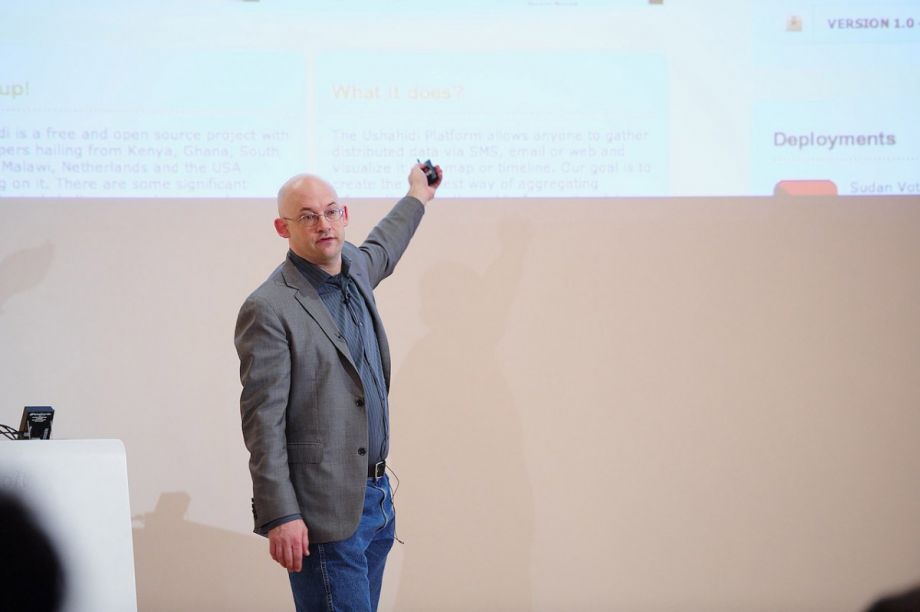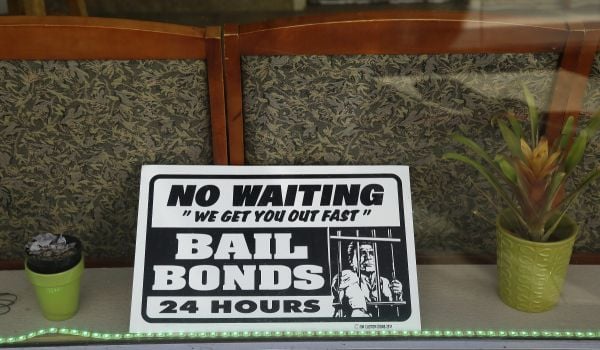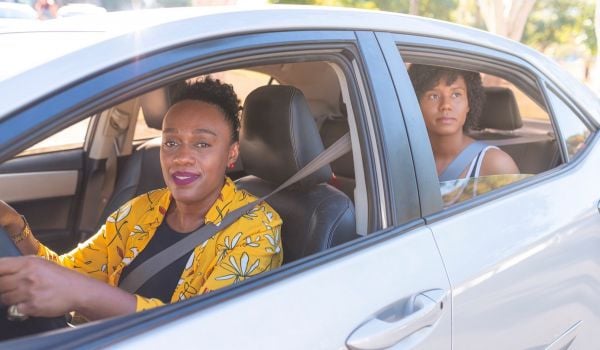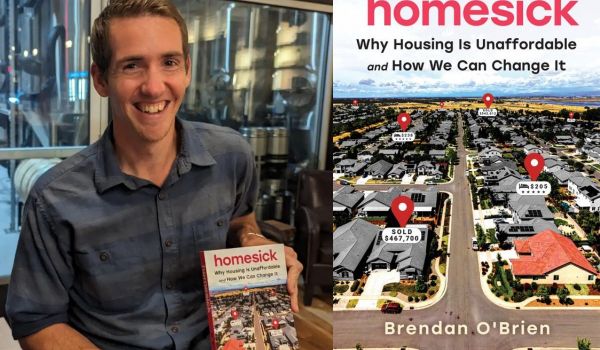Clay Shirky — author, (Here Comes Everybody, Cognitive Surplus), educator and writer-in-residence at New York University, general man-about-the-Internet — has long served the role as sage about how emerging technologies will shape the lives we’ll live tomorrow, and at a half-day conference last Friday at NYU’s Stern School of Business called the “Collaborative, Peer, and Sharing Economy Summit,” Shirky turned his attention to what will become of the Airbnbs and Ubers of the world.
Shirky set the stage with a story. It was France, 2005. A French bus company objected to the fact that cleaning ladies had taken up car-pooling to their jobs in Luxembourg. The company sued on the grounds of “parasitic competition,” going so far as to ask that the government confiscate the cleaning ladies’ offending vehicles. The NYU crowd chuckled. “Don’t laugh,” said Shirky, “that’s the hotel industry’s business model today.” A similar “attempt to use the regulatory infrastructure to prevent certain types of coordination is what’s at stake” now, he said, adding that he expects that the next few years will be a broad, cross-sector hashing-out of this question: “What kind of cooperative behavior should the government make illegal?”
It’s a movie we’ve seen before, said Shirky, and not just with the French cleaning ladies. The digital file-distribution service Napster, launched in 1999, was the “great precursor” to today’s sharing economy, said Shirky, as it went about making nearly every song in the world available to nearly everyone in the world, one song at a time, copyright be damned. The music industry rejected it in a favor of another model: “It doesn’t matter if Alanis Morissette has three good songs,” Shirky described it; you still had to buy them in bulk, pressed onto a plastic CD. The thing was, said Shirky, all the work had already been done to challenge that model. Scores of copies of Supposed Former Infatuation Junkie had already been ripped by fans to their own computers. Only they didn’t know that all these shared resources were out there.
Enter Napster, which knit together those computers and let each one know what the other had. “No new hard drives were bought to make Napster work,” said Shirky, drawing a parallel to today’s tapping of existing, if distributed, resources a la collaborative consumption.
Napster grew like wild fire until it was shut down by the courts in 2000. (Fun historical note: “Sharing” was a contested term even back then. Lars Ulrich of the band Metallica, which objected mightily to Napster, said this at the time: “Sharing is such a warm, cuddly, friendly word … This is not sharing, it’s duplicating.”) And yet, argued Shirky, while the silencing of Napster “was a nearly total tactical victory” for the record labels and Metallicas of the world, it was “accompanied by a near total strategic loss” because in its wake, people rejected the idea of going back to buying full albums on individual CDs. That uprising, as Shirky tells it, opened the door to iTunes, streaming radio and more of today’s digital music options.
Those five stages — technical possibility, social adoption, regulatory reaction, civil disobedience, and negotiated settlement — argued Shirky, are likely going to echo throughout the sharing economy over the next few years. And we’re at least on Stage Two; Shirky told of recently trying to street-hail a Manhattan taxi cab to take his nine-year-old daughter to dance class by waving his arms and scanning the horizon. His daughter’s assessment of that approach: “Uh, Dad, don’t you have Uber?”
(Shirky has told a similar story about how technological change can be particularly brightly seen among the assumptions of young ones. In a 2008 talk called “Gin, Television, and Social Surplus,” Shirky described a friend’s four-year-old daughter who was asked what she was doing after she jumped off the couch and ran to the back of the television. Shirky: “And she stuck her head out from behind the screen and said, ‘Looking for the mouse.’” The point? “Here’s something four-year-olds know: A screen that ships without a mouse ships broken.” But here’s why four-year-olds don’t get more work as tech prognosticators: Two years later, the iPad would be unleashed.)
It’s all juicy food for thought. But it’s worth considering that, post-Napster, what we ended up with is a digital music system where the only real power given up is what now flows from the record labels to a few gatekeepers, Apple primary among them, with artists arguably bearing the brunt of the new model, and “sharing” still largely limited either by law or technology. The relationship between music consumers and music providers remains more or less the same, and the relationships among consumers are still anemic. In fact, we lost the mix tape, which means that you could argue that we’re sharing less music than we ever were. We did, though, end up mainstreaming the atomized song, which is very likely something that the record labels would have never done if they hadn’t been prodded into it.
What’s an iTunes-ized version of Airbnb, or the streaming radio equivalent of Uber? Maybe cheaper hotel rates at a new batch of smaller hotels? The right to always track your traditional taxi cab via app? Minor concessions, perhaps. But more minor than the ability to buy single tracks one at a time?
Some of that mainstreaming work is happening with a quickness, at least in some sectors. Meera Joshi is the newly appointed head of New York City’s Taxi and Limousine Commission, or TLC, and she was at NYU on Friday, too. Her panel followed Shirky’s talk. “I was struck,” she said, “by Clay’s description” of his daughter’s seemingly edgy suggestion of taking Uber over a traditional street-hailed New York City taxi. “I don’t know if everybody’s aware,” said Joshi, “that they’re both legitimate, ratified-by-the-TLC ways to hail a cab.”

Nancy Scola is a Washington, DC-based journalist whose work tends to focus on the intersections of technology, politics, and public policy. Shortly after returning from Havana she started as a tech reporter at POLITICO.













